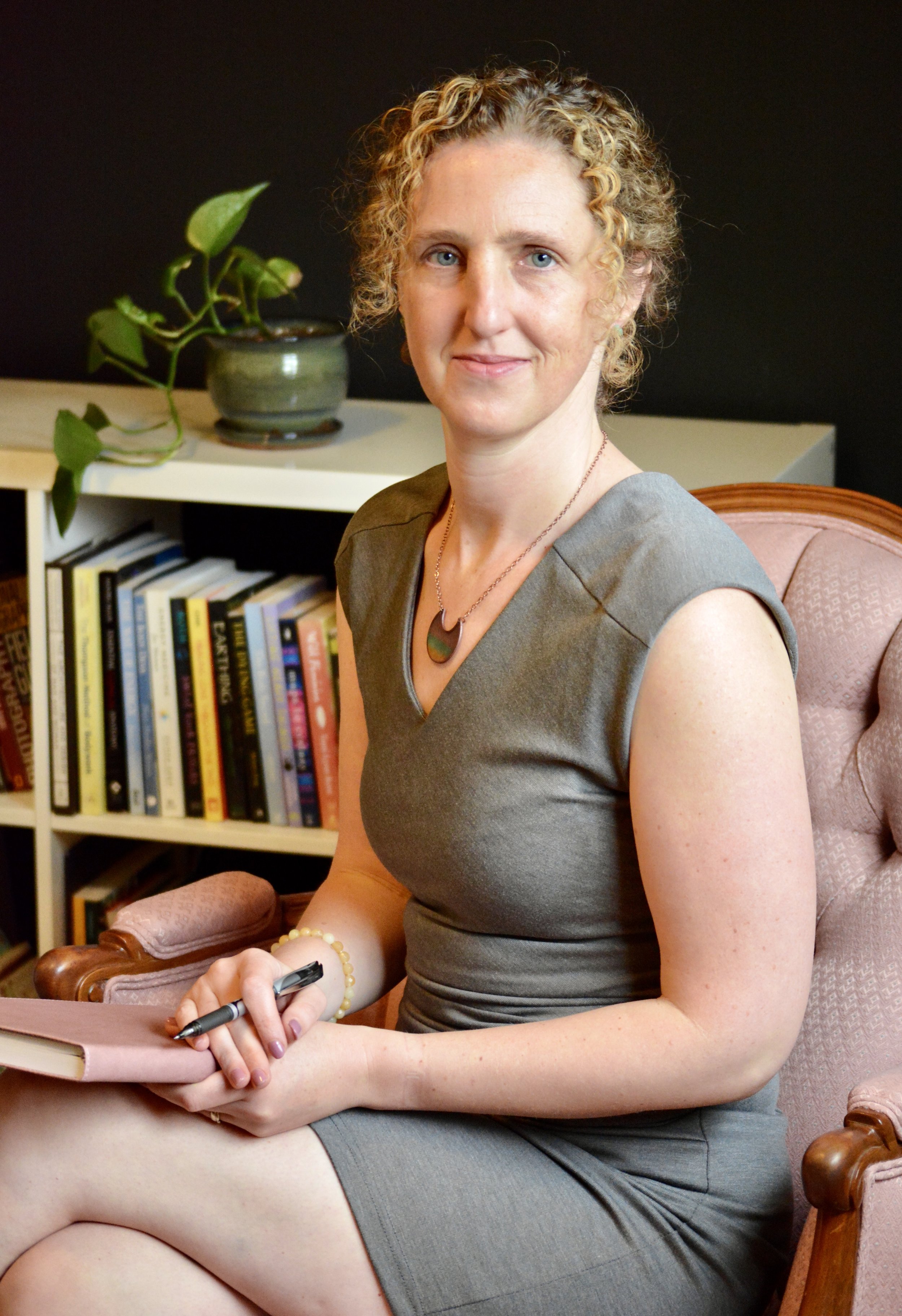
FAQs
Here you’ll find some of the most common questions I’m asked about my practice. If you have any other questions, please reach out.
-
Both. I work primarily online and do not have a dedicated physical office. However, I often book a cozy space at FireLoch Retreat Centre for in-person work for those in the Antigonish area. I also conduct in-person sessions in people’s homes, when appropriate. All ketamine-assisted therapy happens in-person. See the events page for more details.
-
My rate is $125 per hour. Half-hour sessions are available for $65.
-
That depends on whether your insurance plan covers Occupational Therapy. Please check your policy or call a representative of your insurance company to confirm.
-
Yes, my college registration allows me to work virtually with clients across Canada. I can also work with some clients internationally - for example in the U.K. and Australia. However, U.S. regulations and insurance requirements prevent me from working with clients in the U.S.A.
-
I do not currently have a waiting list.
-
If the things I have written about on this site resonate for you, chances are you are a highly sensitive person. If you would like to explore this more, check out the self-assessment on this website.
-
Occupational Therapists (OT) view all activities that have meaning in our day (not just paid activities) as occupations. The job of an OT is to help a person engage in occupations that are meaningful to them, particularly when they have become challenging due to illness, injury or disease.
-
Yes. In fact, the roots of Occupational Therapy go back to the first world war, when soldiers returning from war were struggling with PTSD and depression. Their injuries often left them unable to work or contribute to society, which impacted their mental health. Finding new activities they could engage in, or adapting old ones, became the role of the Occupational Therapist.
-
As a regulated health professional not authorized to prescribe or provide pharmaceuticals, I do not offer psychedelics directly. However, I provide support during ketamine sessions in collaboration with an interdisciplinary team. For details on this, please see my events page. I also provide harm reduction information for folks seeking underground services for psychedelics. Lastly, I support folks who have already engaged in a psychedelic experience or are currently micro dosing and seeking integration support.
-
The safest way to access psychedelics in Nova Scotia is to connect with a physician currently offering ketamine or psilocybin treatment in Nova Scotia. I am currently partnered with Dr. Alexis Goth. You can also explore clinical trials using psychedelics currently being conducted in Nova Scotia.
Ready to book?
Find a time for us to have a free, 15-minute consultation to ensure that I’m the right therapist for you.
